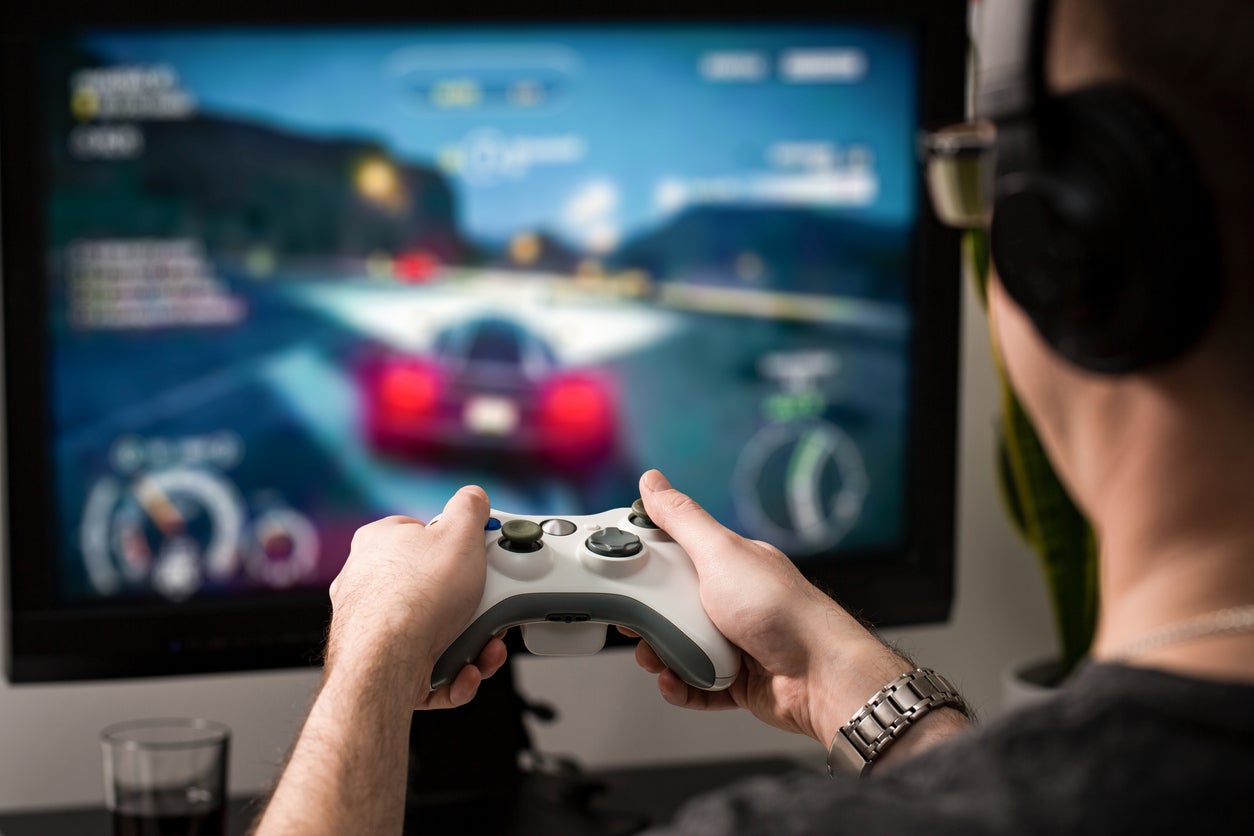The Independent's journalism is supported by our readers. When you purchase through links on our site, we may earn commission.
WHO classifying video game addiction as a mental disorder enrages social media
'Let's see how many more dumb conditions become a reality.'

Your support helps us to tell the story
From reproductive rights to climate change to Big Tech, The Independent is on the ground when the story is developing. Whether it's investigating the financials of Elon Musk's pro-Trump PAC or producing our latest documentary, 'The A Word', which shines a light on the American women fighting for reproductive rights, we know how important it is to parse out the facts from the messaging.
At such a critical moment in US history, we need reporters on the ground. Your donation allows us to keep sending journalists to speak to both sides of the story.
The Independent is trusted by Americans across the entire political spectrum. And unlike many other quality news outlets, we choose not to lock Americans out of our reporting and analysis with paywalls. We believe quality journalism should be available to everyone, paid for by those who can afford it.
Your support makes all the difference.The recent news that the World Health Organisation is to classify gaming disorder as an official mental health condition has received many angry responses on the internet.
The eleventh edition of the International Classification of Diseases is due to be published in 2018 and will include gaming disorder as a serious health condition.
The diagnostic manual was last updated in 1990, 27 years ago.
The New Scientist reported the criteria that will be used by professionals in order to assess whether a person is suffering from a gaming disorder.
Vladimir Poznyak, a member of the WHO’s Department of Mental Health and Substance Abuse explained that while many people who play video games don’t have a disorder, excessive playing can have an adverse effect on one’s mental health.
The announcement has received an enormous response, with many questioning whether gaming disorder should be considered as a serious health condition at all.
Twitter user @C9AlIy, an eSports Player who describes himself as “Ally the Destroyer”, questioned the validity of the WHO’s decision.
“Can’t believe they’re trying to make ‘gaming disorder’ a mental health condition LOL,” he tweeted.
“They gonna send all us gamers to rehab.”
Vincent Allen, a 21-year-old man from Ohio who suffers from Duchenne Muscular Dystrophy and enjoys playing video games in his spare time, believes that the ruling undermines other serious health conditions.
“Great, let’s make it worse for people who actually have a real disease/disability to get the help they need!” he tweeted.
“I have Duchenne Muscular Dystrophy and depression, let’s see how many more dumb conditions become a reality.”
A recent study published in Molecular Psychiatry discovered that playing first-person shooting games can reduce grey matter within the hippocampus in the brain.
Join our commenting forum
Join thought-provoking conversations, follow other Independent readers and see their replies
Comments